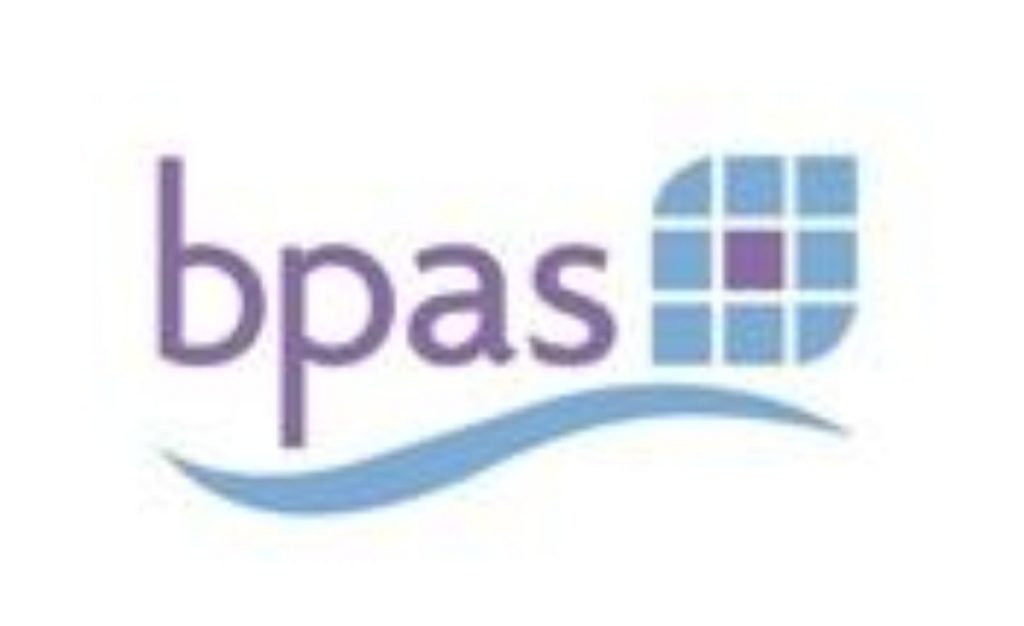Bpas comment on proposed amendments to the Health and Social Care Bill
The proposed amendments to the Health and Social Care Bill are misguided and unnecessary.
Information is not withheld from women seeking abortion.
As with other medical procedures, women must provide informed consent before an abortion can take place. This means that all women attending for abortion treatment must have the risks clearly explained to them. This is provided verbally at consultation, and in the form of literature to take away and read. The Royal College of Obstetricians and Gynaecologists provides guidance, on the basis of clinical evidence, on which risks should be explained and how they should be discussed.
bpas treats the women who seek its advice as individuals. Many women are clear about their decision to end a pregnancy and find further questioning and probing intrusive and unpleasant. Other women may be more ambivalent, and require further support as they reach the decision that is best for them. As a charity which seeks to enable women to make genuine reproductive choices, bpas has no interest in encouraging women towards decisions they may later regret.
One woman in five who attends a bpas pregnancy advisory bureau does not procede to an abortion. It is important that women are not rushed into an abortion decision, but it is also important that women do not face unnecessary delays. Significant progress has been made towards increasing the proportion of abortions carried out at under 10 weeks, with 75% of all terminations taking place at these early gestations in 2009. The earlier a termination can occur, the lower the risk of complication, and the greater the choice of treatment method.
Ann Furedi, chief executive of bpas, said:
“This amendment is a misguided attempt to solve a problem that does not exist. If abortion providers have a vested interest, it is to be as sure as possible that women are making the choice that is right for them. The RCOG is clearly the body best suited to produce guidance on what information is appropriate. We find it bizarre that anyone should think that this expert, clinical role should be removed from them.”
About bpas
Approximately 55,000 women each year have treatment for termination of pregnancy at bpas after attending for non-directive pregnancy counselling and information, which is monitored by and registered with the Department of Health. More than 90% of bpas work is carried out on behalf of the NHS.
bpas is regulated by the Care Quality Commission, Healthcare Inspectorate Wales, NHS Quality Improvement Scotland and the Department of Health. bpas works closely on policy and training issues with the Royal College of Nursing, Royal College of Obstetricians and Gynaecologists, and the Faculty of Family Planning and Reproductive Health Care. bpas is a research-led organisation and facilitates academic and Department of Health research projects under the scrutiny of its independently-constituted Research Ethics Committee.
The British Pregnancy Advisory Service (registered charity number 289145) was set up in 1968 after the implementation of the 1967 Abortion Act in order to provide services, train doctors and provide premises for safe legal abortion, at a time when the NHS not always able or prepared to provide abortion services.
bpas’ abortion treatments, comprehensive counselling services, male and female contraceptive and sterilisation services and sexually transmitted infection testing and treatment are all not-for-profit. All of the charity’s services are conducted according to the relevant professional guidance under the scrutiny of bpas’ Clinical Governance Committee, which involves independent experts in its membership. For further information about the charity or its services, please see





-01.png)